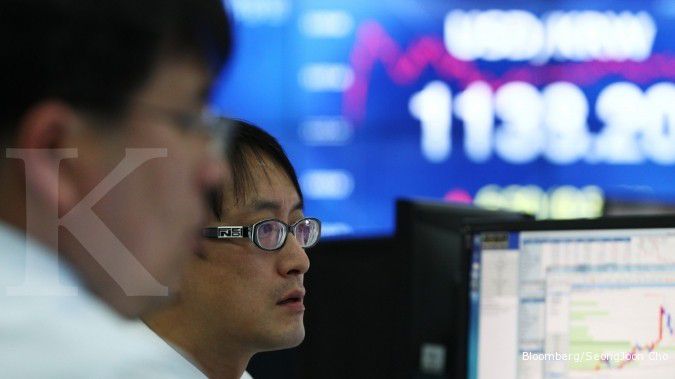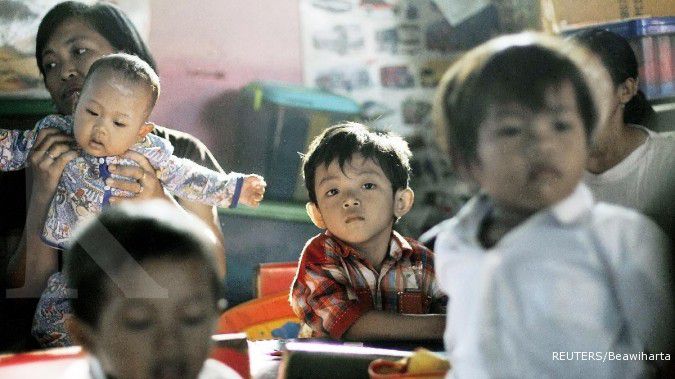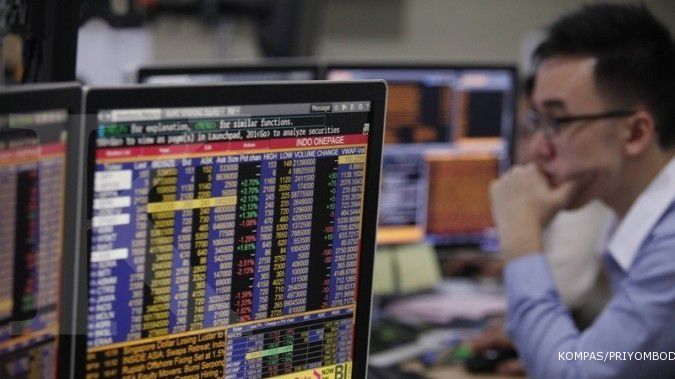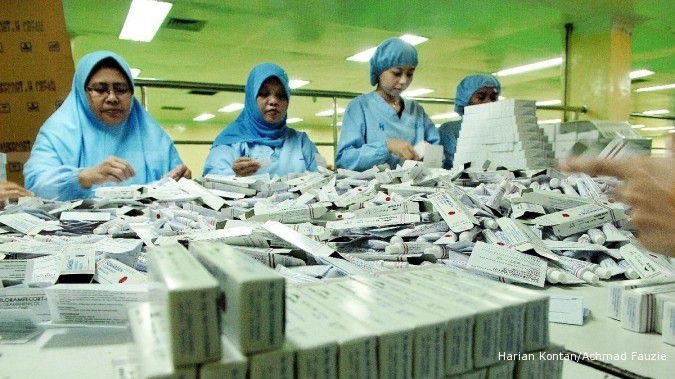JAKARTA. More and more women have enjoyed access to education and health care across the globe in 2013, with a new global report disclosing that more than 80 countries had improved the global gender gap between 2012 and 2013, with the area of political participation showing the greatest progress.
The Swiss-based World Economic Forum (WEF) released on Friday its annual Global Gender Gap (GGG) Report 2013 — a report that measured the extent of gender inequality in four broad areas, namely economic participation and opportunities, educational attainment, political empowerment, and health and survival. The study covered 93 percent of the global population or 136 countries, including Indonesia, on all continents.
“On average, in 2013, over 96 percent of the gap in health outcomes, 93 percent of the gap in educational attainment, 60 percent of the gap in economic participation and 21 percent of the gap in political empowerment has been closed. No country in the world has achieved gender equality,” announced the GGG Report 2013.
Being a member of G20 with a US$1trillion economy — the largest economy in Southeast Asia and an emerging market — did not put Indonesia in a respectable position on the GGG index.
Indonesia ranked 95th on the list of 136 countries — below the Philippines, Cuba, Lesotho, Mozambique, the poorest country Malawi, Sri Lanka, Laos, Vietnam and Armenia.
Despite a slight improvement of two places since 2012 but eight places down since 2010, Indonesia received an overall score of 0.6613 this year.
In ASEAN, Indonesia lags behind the Philippines (ranked fifth), Singapore (58), Laos (60), Thailand (65), Vietnam (73) and Brunei (88).
Indonesia even lags behind at least 13 African countries in gender parity.
“Indonesia moves up two places in the rankings. Decreases on the Educational Attainment subindex are offset by improvements on the Economic Participation and Opportunity subindex and the Political Empowerment subindex,” the report cited.
The government claims it had good planning in place to narrow the gender gap but faced problems in its implementation.
“We have a five-year plan to narrow the gender gap. The government is committed to providing a systemic response to the plan by allocating funds for women’s education and health care and to provide opportunities in the economic sector,” the Women’s Empowerment and Child Protection Ministry’s deputy for women’s rights protection, Luly Altruiswaty, told The Jakarta Post on Saturday.
The government, she said, always encouraged women to enhance their role in the political arena and asked political parties to implement the policy of allocating 30 percent of seats in legislative bodies to women. In 2012, the percentage of women in the House of Representatives reached just 18.20 percent, far below the target.
It is not easy to implement a five-year plan that focuses mainly on sustainable development, good governance and gender mainstreaming.
“At the central level, we are doing okay. Due to the Regional Autonomy Law, we are facing several hurdles in implementing the plan at provincial and regency levels,” Luly said.
Indonesia can learn from the Philippines, which had the highest position of all countries in Asia.
“The Philippines is the highest-ranking country in Asia, primarily due to success in health, education and economic participation,” the WEF said in a statement.
With a score of 0.08731, Iceland has the narrowest gender gap in the world, followed by three Nordic countries — Finland, Norway and Sweden. Yemen took the infamous honor as the world’s worst country for gender equality, coming in at 136th place. (Veeramalla Anjaiah/The Jakarta Post)
/2012/10/29/1464836473.jpg)














